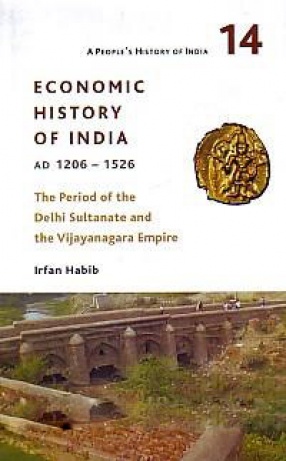
A People's History of India

Showing all 8 books

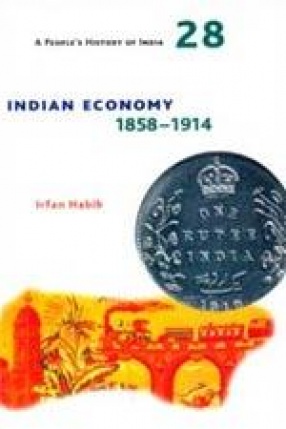

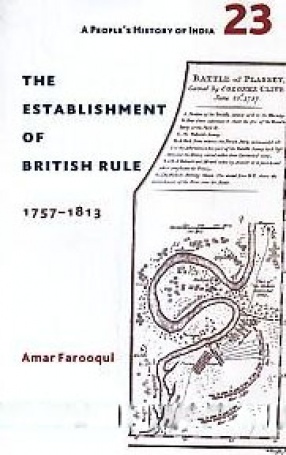

This book brings forth the general account of Indian economy in the first century of the British rule. It presents the current interpretations of the eighteenth century history, nature of tribute, drain of wealth from India to England, and the scope and problems of historical demography.
It discusses at length the condition of Indian economy before the British conquests, agrarian rights in late Mughal India, traditional agricultural practices in India, ...
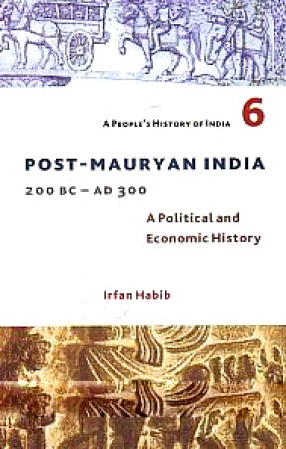
Irfan Habib, Professor Emeritus at the Aligarh Muslim University and an acclaimed expert in the field of Indian history, here discusses the political and economic history of ancient India from 200 BC to AD 300, when the Indo-Greeks, Shakas, Kushanas and the Satavahanas dominated the political scene. This is a detailed survey of the important economic changes under them especially in craft production and overseas trade. Based on fully updated material, it includes ...

The monograph surveys the developments within the Indian economy during the period of the high tide of colonial domination between the 1857 Rebellion and the First World War. Its various sub-chapters deal with population, gross product and prices; tribute, the imperialism of free Trade and the construction of railways; peasant agricultural, plantations, commercialization of agriculture and its impact on rents, peasant incomes and agricultural wages; rural ...
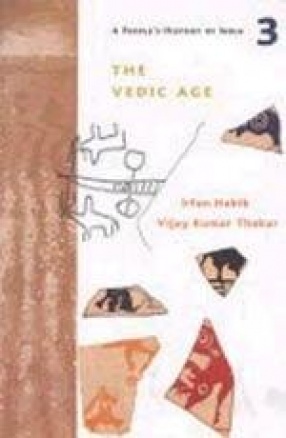
The Vedic Age completes the first set of three monographs in the People's History of India series. It deals with the period c. 1500 to c. 700 BC, during which it sets the Rigveda and the subsequent Vedic corpus. It explores aspects of geography, migrations, technology, economy, society, religion, and philosophy. It draws on these texts to reconstruct the life of the ordinary people, with special attention paid to class as well as gender. In a separate chapter, ...
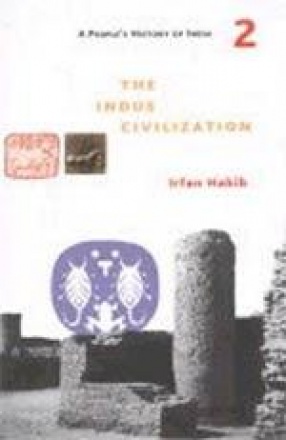
The Indus Civilization by Irfan Habib is the second monograph in the people's history of India series. It continues the story from the point reached in the earlier monograph, prehistory. The dominant theme here is provided by the Indus civilization. In addition, other contemporary and later cultures down to about 1500 BC, and the formation of the major language families of India, are discussed. The Indus Civilization seeks to maintain uniformity with prehistory ...
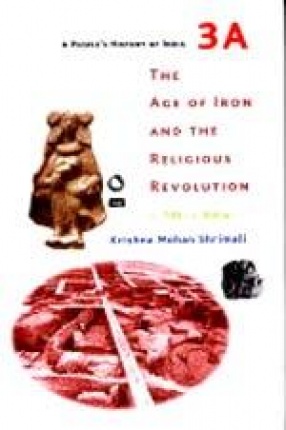
This monograph deals with a very important phase of Indian history, spanning c. 700 and c. 350 BC. During the period iron technology diffused, transforming and multiplying tools; cities arose and commerce spread; the caste system assumed practically all its essential features; powerful states were formed, with armies and bureaucracies; and finally, Jainism and Buddhism brought about a veritable Religious Revolution. All this is described in four chapters with ...
